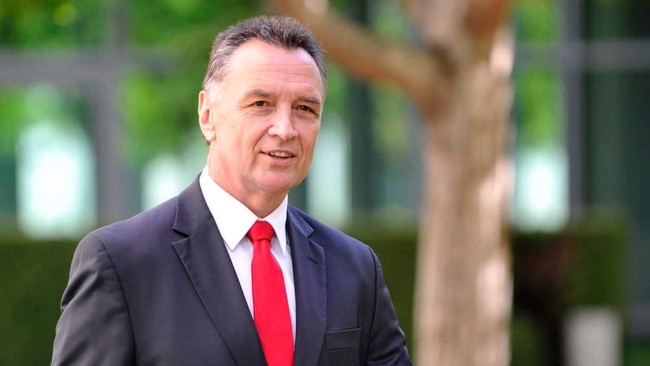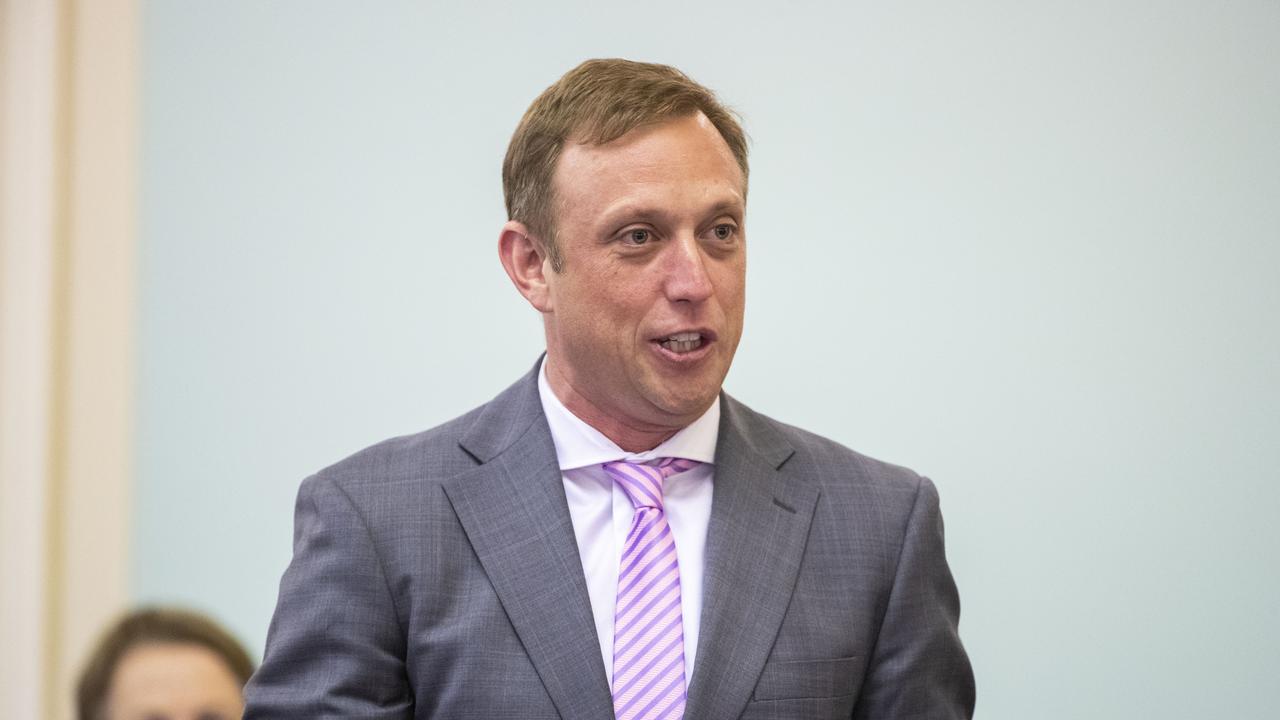Labor review to reveal unpopular leader and policies
Labor’s long-awaited review into its failed election campaign will concede Bill Shorten was unpopular, but has not blamed the former leader for the unexpected loss.
QLD Politics
Don't miss out on the headlines from QLD Politics. Followed categories will be added to My News.
LABOR’S painful review into its election loss to be released today will not be a “Kill Bill” exercise but will concede the former Opposition Leader was unpopular.
The thorough review – which was not being planned to be given to Bill Shorten ahead of time – is expected to find three major failures; their leader was unpopular in large swathes of the country; their policies were too controversial and they had too many of them, and the campaign was flat-footed and tone deaf on some issues.
The Courier-Mail understands the review could be published on the ALP’s website as early as Thursday, ahead of a key speech to be delivered by Anthony Albanese at the Press Club in Canberra Friday.
‘We don’t need to change leaders, we need to change Labor’
‘We need to change’: Top Labor man’s plea to party
It is understood Labor wants to use the review to draw a line in the sand of their shock loss. Mr Albanese has been relatively comfortable with letting colleagues air their grievances ahead of the review but tomorrow in his speech will point to the future rather than look to the past.
It is understood the review, undertaken by former Rudd/Gillard Cabinet Minister Craig Emerson and former South Australian premier Jay Weatherill, will not be personality driven or lay blame to teams of people.

It will not be a review of policies in terms of advocating whether certain positions, such as franking credits and negative gearing, should be dumped.
Soul searching within Labor has revealed deep concerns about the quality and accuracy of the research they had, which provided comfort that franking credits and negative gearing were not that unpopular.
There has been suspicion from some within Labor about whether it will adequately address concerns from regional and religious communities, given the lack of representation on the review panel from those sectors.
One source said Labor needed to solve its Queensland problem if it wanted to win government, which meant addressing concerns from more conservative Australians.
“The election is won or lost in Queensland,” they said.
Former deputy leader Tanya Plibersek said it was important for Labor to learn from its mistakes, but warned against too much navel gazing.
“People are a bit over listening to the Labor Party talk about itself and do its therapy in public,” she told Sky News.
“I think what we need to do is focus on the things that make a difference in people’s lives, and that means decent jobs with good pay, secure conditions.”

Opposition health spokesman and former treasury spokesman Chris Bowen, who was the architect of some of the more unpopular policies including franking credits, said the election loss was more complicated than any one policy.
“What’s very clear is that we lost support in areas which had traditionally been Labor supporters and we actually had swings to us in areas where perhaps we hadn’t done so well in the past,” he told the ABC.


